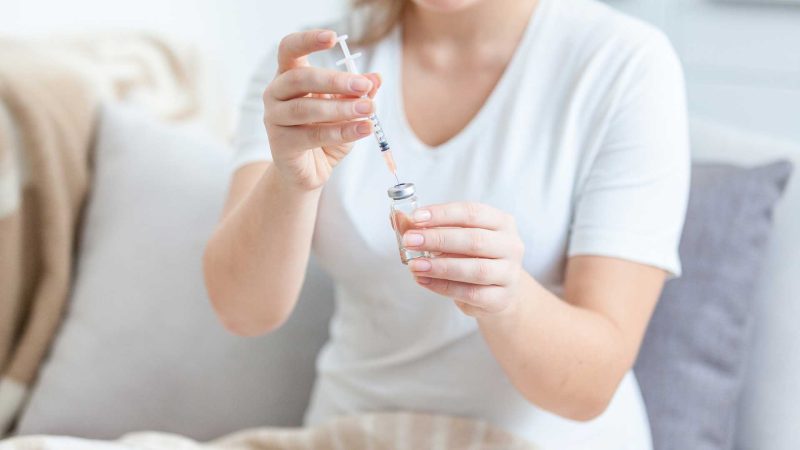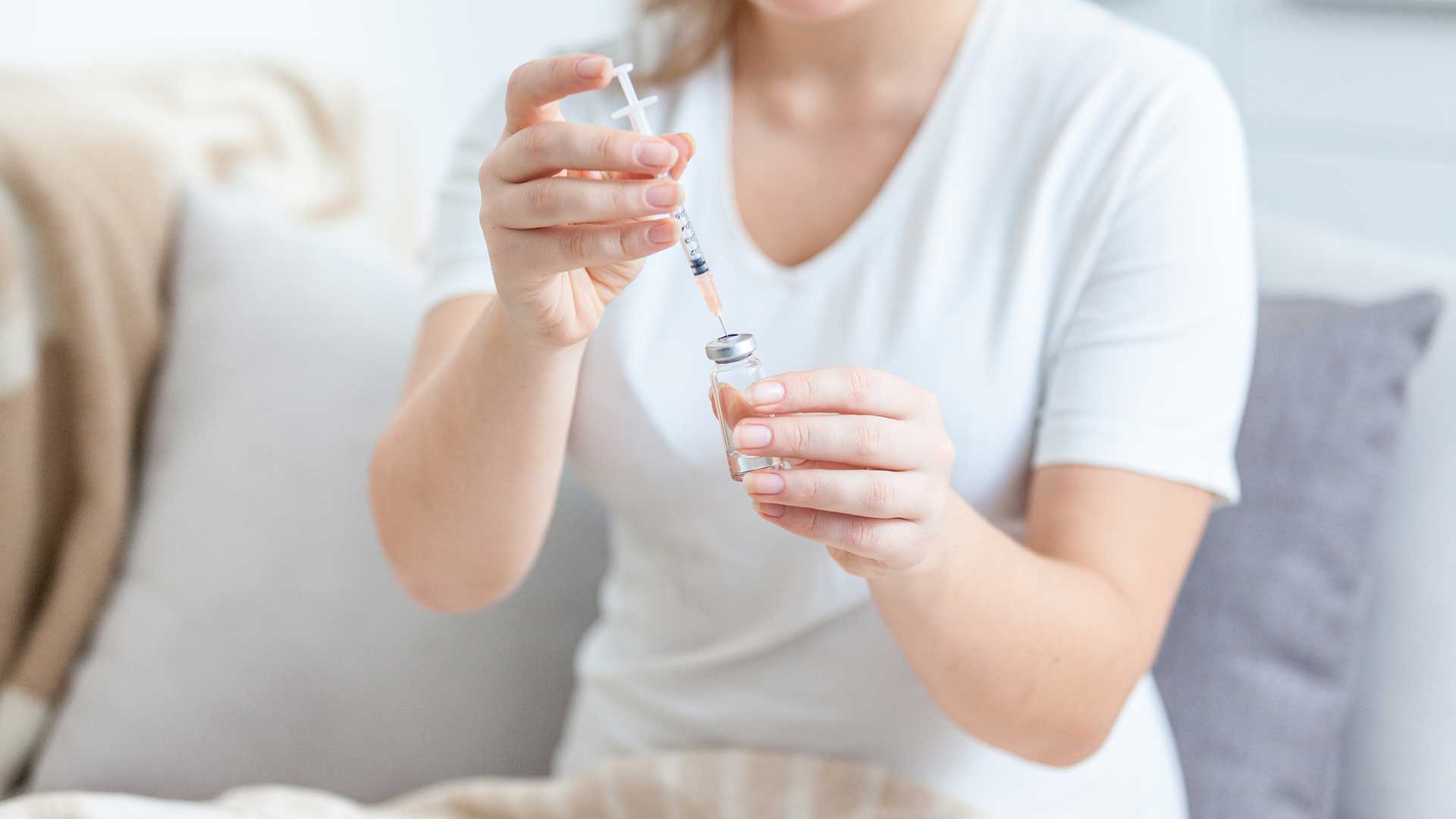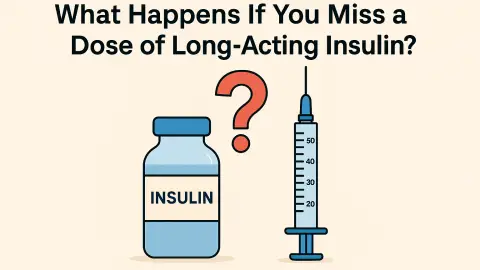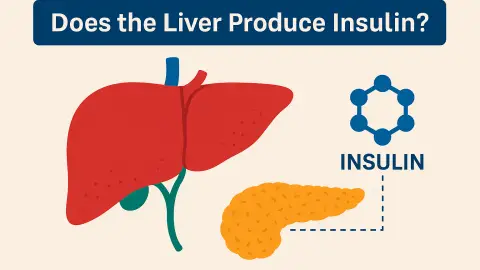Insulin is one of the most important hormones in the human body. It plays a central role in regulating blood sugar levels and ensuring that energy from food is properly stored and used. For people with diabetes, insulin is often prescribed as a life-saving treatment. However, many wonder what might happen if someone without diabetes takes insulin. This question raises concerns about safety, potential risks, and how the body responds to unnecessary doses of insulin.
In this complete guide, we will explore in detail what insulin does, why it is prescribed, and what happens when a non-diabetic individual takes it. Understanding this scenario requires knowledge of human physiology, the effects of insulin on blood glucose, and the dangers of misusing medical treatments.
What Is Insulin and How Does It Work?

Insulin is a hormone produced by the pancreas, specifically by clusters of cells called the islets of Langerhans. After you eat a meal, glucose from carbohydrates enters the bloodstream. Insulin acts as a key, allowing this glucose to move into cells where it can be used for energy or stored for later use. Without insulin, blood sugar would rise to dangerous levels, damaging organs and tissues.
For someone with diabetes, especially type 1 diabetes, the pancreas cannot produce enough insulin, requiring daily injections. In type 2 diabetes, the body often resists the effects of insulin, and supplemental insulin may also be needed. For people without diabetes, however, the pancreas regulates insulin naturally, releasing just the right amount to keep blood sugar stable. Introducing external insulin in this case can disrupt that balance.
Why Do Doctors Prescribe Insulin?
Doctors prescribe insulin primarily to patients with diabetes whose blood sugar levels cannot be managed through diet, exercise, or oral medications alone. It helps prevent complications such as nerve damage, kidney failure, and cardiovascular disease. In a medical setting, insulin may also be used for patients undergoing surgery, experiencing severe infections, or suffering from conditions like diabetic ketoacidosis.
For non-diabetics, there is no medical reason to use insulin. The body already manages glucose levels effectively, and introducing unnecessary insulin can lead to serious complications. In some cases, insulin misuse has been reported among athletes or bodybuilders, but such practices are dangerous and not recommended by medical experts.
If a Non Diabetic Takes Insulin What Happens?
When a non-diabetic person takes insulin, the immediate effect is a sharp drop in blood glucose. Since the body does not need extra insulin, the hormone drives glucose rapidly into cells, leaving very little circulating in the bloodstream. This condition is known as hypoglycemia.
Hypoglycemia can occur suddenly and may cause symptoms like dizziness, sweating, shakiness, confusion, and blurred vision. If untreated, it can progress to seizures, unconsciousness, or even death. The severity depends on the dose of insulin taken, the individual’s weight, and whether food was consumed at the same time.
The body attempts to respond by releasing hormones such as glucagon and adrenaline, which increase blood sugar. However, with high doses of injected insulin, these natural defenses may not be enough. This makes the situation potentially life-threatening.
Short-Term Effects of Unnecessary Insulin Use
In the short term, taking insulin without medical need almost always causes hypoglycemia. The symptoms usually appear within minutes to a few hours, depending on the type of insulin used. Rapid-acting insulin can trigger sudden changes, while long-acting insulin may cause prolonged low blood sugar.
A non-diabetic person may first feel hungry and jittery. The brain relies heavily on glucose for energy, so reduced levels can quickly impair thinking and coordination. In severe cases, the brain may be starved of energy, leading to convulsions or loss of consciousness.
Another short-term risk is the rebound effect. Sometimes, after an insulin-induced low, the body reacts with a surge of counter-regulatory hormones, causing blood sugar to swing upward dramatically. This rollercoaster effect can put stress on the cardiovascular system and disrupt normal metabolism.
Long-Term Risks of Taking Insulin Without Diabetes
If a non-diabetic person takes insulin repeatedly, the risks extend beyond temporary hypoglycemia. Chronic misuse may interfere with the body’s natural insulin regulation, possibly making cells less responsive to the hormone over time. This insulin resistance could ironically increase the risk of developing type 2 diabetes later in life.
Additionally, frequent hypoglycemic episodes can damage the brain, particularly in areas responsible for memory and cognitive function. Long-term exposure to unnecessary insulin may also harm the heart, as fluctuations in blood sugar strain the cardiovascular system.
Another serious consequence is dependency. Some individuals who experiment with insulin for performance enhancement may develop a dangerous cycle of use, increasing the likelihood of overdose and permanent health problems.
Insulin Overdose: A Medical Emergency
When too much insulin enters the body of a non-diabetic, the situation is classified as an insulin overdose. This is a medical emergency that requires immediate attention. Symptoms often include rapid heartbeat, sweating, confusion, extreme hunger, and trembling. If not treated with glucose, the condition can escalate to seizures or coma.
Emergency treatment typically involves administering glucose either orally, if the person is conscious, or intravenously in a hospital setting. Friends or family may also use a glucagon injection kit, which helps raise blood sugar quickly. Delays in treatment can cause irreversible brain injury or even death.
Misuse of Insulin in Sports and Fitness
Some athletes and bodybuilders have experimented with insulin to enhance muscle growth. The theory is that insulin helps shuttle nutrients, including amino acids, into muscle cells, improving recovery and size. While there may be short-term gains, the risks far outweigh the benefits.
Without strict medical supervision, the danger of hypoglycemia is extremely high. Many reported cases of insulin misuse in athletics have resulted in hospitalization and, in some instances, fatalities. Sports organizations and medical professionals strongly discourage this practice, emphasizing that the risks of brain damage, heart problems, and death are too great to justify performance enhancement.
The Psychological Risks of Insulin Misuse
Beyond the physical dangers, taking insulin without diabetes can also have psychological consequences. Experiencing frequent hypoglycemic episodes may cause anxiety, fear of fainting, or even panic attacks. The brain’s dependence on steady glucose makes sudden drops not only harmful but also frightening.
Individuals who misuse insulin may also develop disordered thinking around food, energy, and body image. In rare but concerning cases, some people may intentionally inject insulin as a form of self-harm. This underscores the importance of mental health support in preventing misuse of medical treatments.
How Doctors Respond to Insulin Misuse
When healthcare providers encounter a case of insulin misuse in a non-diabetic, the first priority is stabilizing the patient’s blood sugar. This may involve glucose infusion, close monitoring, and sometimes hospitalization. Once the immediate danger has passed, doctors typically investigate the underlying cause of the misuse.
If the insulin use was accidental, such as a child finding a relative’s medication, education about safe storage is provided. If the misuse was intentional, especially in athletes or individuals struggling with body image, psychological evaluation and counseling may be recommended. In cases linked to self-harm, referral to mental health services is essential.
Safe Handling of Insulin at Home
Since insulin is commonly prescribed, it is often present in households where a family member has diabetes. To prevent accidental use by non-diabetics, it should always be stored securely. Insulin vials and pens should be kept out of reach of children and never shared between individuals.
Education is also crucial. Family members should understand the dangers of insulin misuse, recognize the signs of hypoglycemia, and know when to call for emergency help. Keeping a source of glucose, such as juice or glucose tablets, on hand can be lifesaving if an accidental dose occurs.
The Difference Between Diabetic and Non-Diabetic Insulin Needs
The most important distinction is that diabetic patients require insulin because their bodies cannot regulate blood sugar properly on their own. For them, insulin restores balance and prevents dangerous complications. For non-diabetics, however, insulin is unnecessary and harmful because their pancreas already produces the right amount.
This difference highlights why insulin should never be considered a general supplement or performance enhancer. It is a powerful hormone, intended for specific medical purposes. Using it without need can turn a life-saving treatment into a life-threatening risk.
Frequently Asked Questions
Can a single dose of insulin harm a non-diabetic?
Yes, even a single dose can cause hypoglycemia. Depending on the amount taken and whether food was eaten, symptoms can range from mild dizziness to severe unconsciousness.
Is there any safe reason for a non-diabetic to use insulin?
No, there is no medically approved reason for non-diabetics to take insulin. Its only legitimate use is in managing diabetes and certain rare hospital situations under strict supervision.
How quickly do symptoms appear after a non-diabetic takes insulin?
Symptoms of low blood sugar can appear within minutes for rapid-acting insulin and within a few hours for long-acting types. The onset depends on the dosage and timing relative to meals.
Can insulin misuse cause permanent damage?
Yes, repeated episodes of severe hypoglycemia can damage the brain, heart, and other organs. In extreme cases, permanent disability or death may occur.
Conclusion
Insulin is a vital treatment for people with diabetes, but it is extremely dangerous when misused by those without the condition. If a non-diabetic takes insulin, the body is forced into a state of hypoglycemia that can cause confusion, seizures, coma, or even death. While insulin can save lives in those who need it, it poses a serious threat in the hands of those who do not.
Education, awareness, and safe handling of insulin are crucial in preventing misuse. Anyone considering insulin for non-medical reasons should understand the risks and seek healthier, safer alternatives for managing energy, fitness, or body image. Ultimately, insulin is not a tool for enhancement; it is a powerful medicine designed to keep people with diabetes alive and well.



